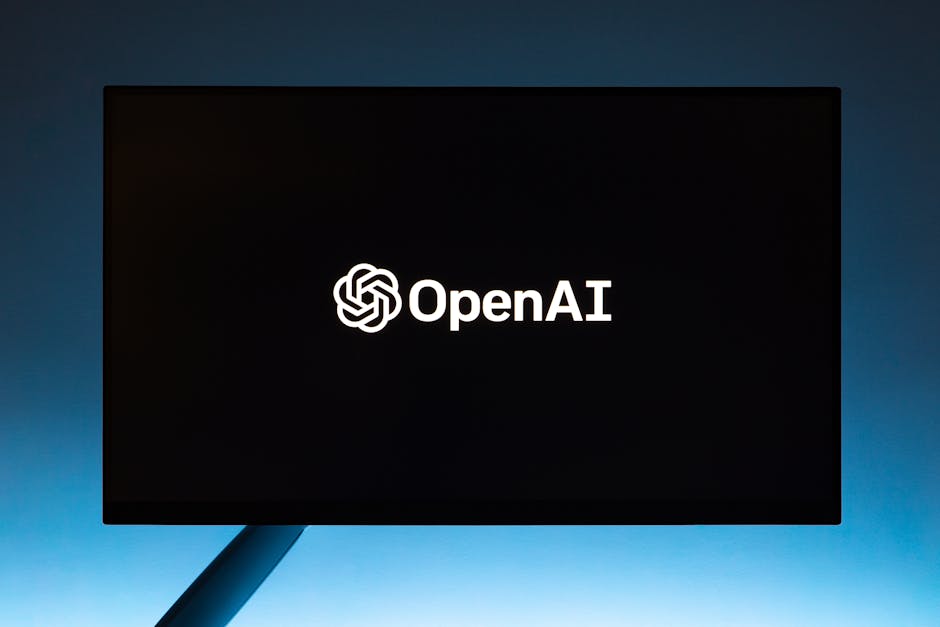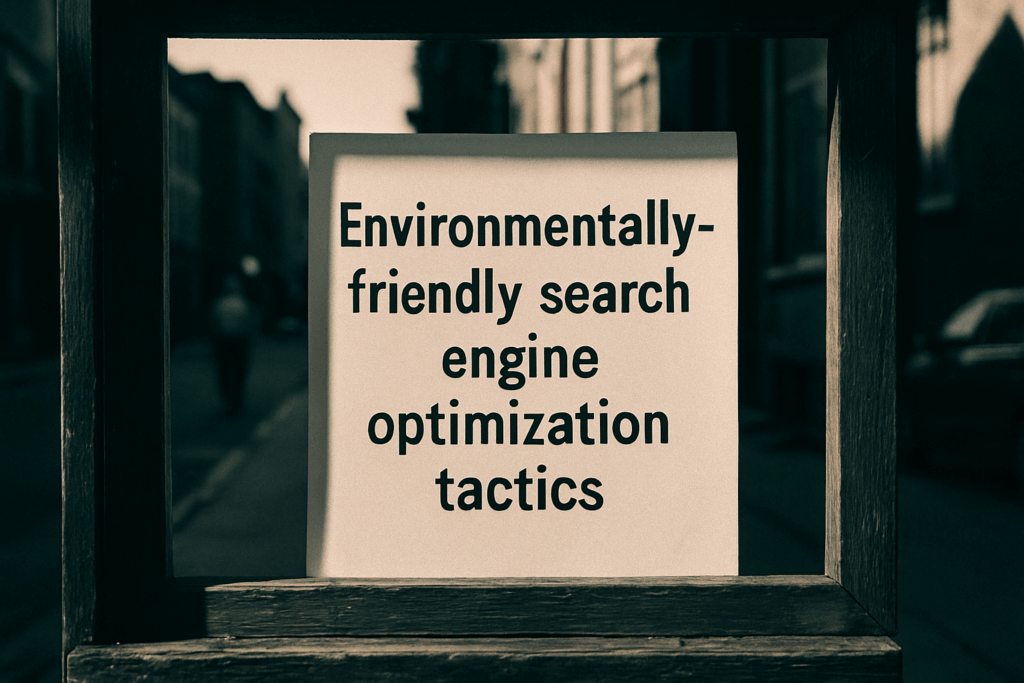Introduction: Why AI Is Reshaping Digital Marketing
Artificial Intelligence (AI) is no longer a futuristic concept—it’s a core part of today’s digital marketing landscape. From analyzing vast data sets to predicting customer behavior, AI is fundamentally changing how marketers operate, strategize, and connect with audiences.
What’s Driving AI’s Rise in Marketing?
Several key factors have contributed to AI’s rapid integration into the marketing world:
- Data Overload: With more data coming in from more channels than ever, AI helps marketers process and act on it efficiently.
- Customer Expectations: Personal, immediate, and relevant experiences are now the norm. AI enables real-time personalization at scale.
- Tool Maturity: AI-driven tools have become more accessible, reliable, and user-friendly, even for non-technical teams.
From Automation to Personalization
AI started with basic automation—think chatbots and email triggers. But its capabilities have grown significantly, giving marketers the power to:
- Personalize content and offers for each user
- Predict future behavior based on past interactions
- Automate repetitive tasks without sacrificing quality
These enhancements move beyond efficiency—they enhance the customer experience itself.
The Value Proposition of AI in Marketing
AI delivers a compelling trio of benefits that no team can afford to ignore:
- Efficiency: Automate manual tasks to save time and resources
- Accuracy: Eliminate guesswork by relying on data-driven insights
- Intelligence: Gain deeper understanding of audience behavior and market shifts
As AI continues to evolve, it’s not just a helpful tool—it’s becoming essential to stay competitive in the digital marketing space.
AI-Powered Personalization
Personalization isn’t a buzzword anymore—it’s table stakes. AI has made it possible to serve real-time content recommendations based on individual user behavior. Think Netflix-style personalization, but for everything from blog posts to product pages. When your audience feels like you get them, they stick around.
Email marketing has also leveled up. With machine learning, brands are delivering hyper-focused campaigns that go way beyond greeting someone by name. AI can figure out the best time to send, what type of content engages each person, and how to drive them to click ‘buy.’ It’s more signal, less noise.
Then there’s segmentation. Old-school segments relied on basic filters—location, age, open rates. Now, AI clusters users based on behavior, preferences, and predictive indicators. So instead of blasting everyone with generic messaging, marketers can talk directly to the right subgroups with less waste and better returns.
The numbers back it up. Brands using AI for personalization have seen email open rates increase by 26% and click-through rates jump by up to 41%, according to a 2023 report from DigitalPulse Labs. Bottom line: AI doesn’t just make personalization easier—it makes it smarter, faster, and more effective.
Smarter SEO with AI
Forget tedious spreadsheets and guesswork. SEO in 2024 is leaner, faster, and more precise—thanks to AI. Tools like Clearscope, Surfer SEO, and Google’s own AI enhancements are taking the grunt work out of keyword research. They analyze massive datasets in seconds, helping marketers understand not just what people are searching, but why. That insight into intent is where impact begins.
Prediction is the name of the game now. Machine learning models, trained on search trends and ranking behaviors, can forecast what kind of content has the best shot at climbing the SERPs. Think of it as a smart compass for your content strategy—it won’t write your blog post, but it’ll tell you what direction to take before you hit publish.
Even creation is getting streamlined. Generative AI can sketch out outlines, suggest titles, or even draft content that’s SEO-ready from the jump. The best strategies blend AI’s speed with human nuance—fine-tuning tone, injecting brand voice, and double-checking for relevance. The result? Content that ranks and resonates.
For more on improving your organic reach, check out SEO Best Practices for Increasing Organic Traffic.
Chatbots and Conversational Marketing
AI-driven conversational tools have moved far beyond basic scripted responses. Today’s chatbots are smarter, faster, and play a crucial role in digital marketing strategies by doing more than just answering FAQs.
24/7 Support Without Expanding Your Team
Modern AI chatbots can provide round-the-clock customer assistance without the need for a large support staff. This not only enhances accessibility for users in different time zones but also improves customer satisfaction by reducing response times.
Key benefits:
- Always-on customer service, even after business hours
- Handles common queries instantly with accurate answers
- Reduces pressure on human support teams
Driving Leads Through Intelligent Conversation
AI-powered chatbots can guide visitors through sales funnels by delivering helpful, context-aware messages that move them closer to conversion. When paired with well-planned workflows, these bots don’t just chat — they close.
Effective lead generation tactics include:
- Qualifying leads through interactive question flows
- Offering targeted resources or promotions based on user responses
- Seamless integration with email marketing and CRM tools
Learning and Adapting Over Time
One of AI’s superpowers is its ability to learn from interactions. As chatbots gather more data, they become better at understanding nuance, tone, and intent. This leads to richer conversations and better outcomes for both users and businesses.
How AI chatbots improve with experience:
- Pattern recognition helps anticipate user needs
- Natural language processing (NLP) enables more human-like interactions
- Continuous updates refine accuracy and relevance over time
As AI continues to evolve, chatbots will only grow more capable — becoming a central touchpoint in the digital customer journey.
Data-Driven Decision Making
In the fast-paced world of digital marketing, decisions based on instinct alone no longer cut it. AI allows marketers to work smarter by delivering data-backed insights in real time, making campaign performance more predictable—and more profitable.
Automated A/B Testing: Faster, Sharper Results
Traditional A/B testing could take weeks before generating useful insights. AI automates and accelerates the process, enabling marketers to:
- Test multiple variables simultaneously (subject lines, visuals, CTAs, etc.)
- Automatically allocate traffic toward high-performing variations
- Continuously optimize campaigns in real time
The result? Quicker pivots and more refined campaigns without days—or dollars—wasted.
Real-Time Analytics That Spot Trends First
Waiting for end-of-month reports often means you’re reacting too late. AI-fueled analytics platforms monitor performance as it happens.
- Identify winning content while it’s still trending
- Alert teams to underperforming assets before they become costly
- Surfacing patterns that human teams might overlook
These real-time insights empower marketers to take timely, surgical actions rather than retroactive fixes.
Reducing Guesswork Across Channels
From email and paid ads to social media campaigns, AI reduces uncertainty by providing consistent performance insights across platforms:
- Measure results across audience segments and touchpoints
- Predict engagement and conversion likelihood with greater accuracy
- Apply cross-channel learnings to refine your overall strategy
When data speaks clearly, marketers waste less and perform more.
Risks and Ethics to Keep in Check
AI is powerful, no doubt. But wielding it without caution can undercut everything you’re trying to build. First up: bias. AI systems learn from data—and if that data has gaps, stereotypes, or baked-in favoritism, the outputs will too. For marketers, this can translate into tone-deaf campaigns, exclusionary targeting, or worse: reputational damage. You need to know what’s powering your tools and set clear boundaries on what they should and shouldn’t do.
Then there’s privacy. Consumers are more aware—and more protective—of their data. Using AI to mine insights is useful; misusing it kills trust fast. Collect only what you need, label it clearly, and offer real control. Transparency isn’t a luxury—it’s table stakes.
Finally, over-automation is the silent killer of brand voice. Yes, automate the repetitious stuff—email funnels, content scheduling, maybe even ad copy drafts. But don’t hand over creative choices or let responses sound mechanical. At its best, marketing feels personal. Let AI handle the heavy lifting, but keep a human hand on the wheel.
How Leading Brands Use AI Without Losing Their Voice
The smartest brands aren’t handing over the wheel to AI—they’re using it as an extra engine. Successful marketing teams treat generative tools like ChatGPT or Midjourney as accelerators, not authors. They get the rough draft out faster, source better data, and automate routine campaign tasks. But they still rely on human judgment for what matters: tone, purpose, and brand consistency.
Take brands like Patagonia or Duolingo. They’re leveraging AI to optimize their workflows—faster A/B tests, hyper-personal email flows, smarter audience targeting. But their messaging? Still deeply human. Still unmistakably theirs. This mix is where the real power lies.
Let AI do the heavy lifting: data crunching, trend spotting, template crafting. Keep the strategy and voice in human hands. What you say and how you say it—that’s non-negotiable. The best marketers don’t just keep up. They stay alert, adjust quickly, and double down on authenticity.
Adaptability isn’t a bonus anymore. It’s how you stay in the game.



